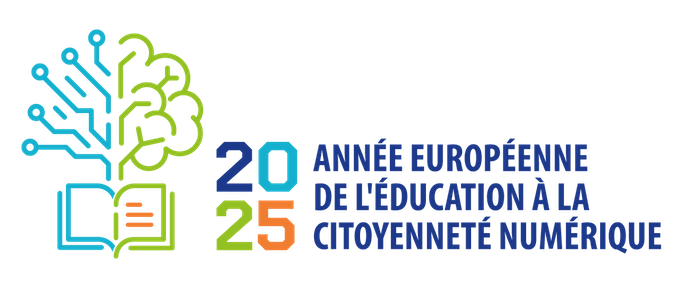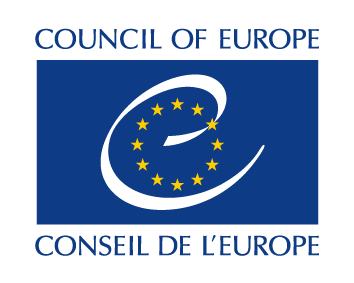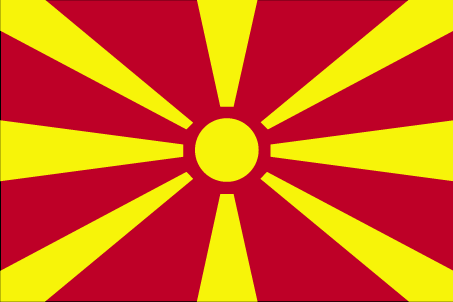Training on DCE to teachers and other professionals:
The Mother Teresa University in Skopje, North Macedonia, organised a training session for 120 university students, which aimed to empower them on online risks prevention through a methodology developed by the European research project:
https://followmebg.com/en/project-prevention-of-youth-risky-viral-trends-2022-1-bg01-ka220-you-000085174-erasmus/
Translation and dissemination of DCE Recommendation:
There is no direct evidence indicating that North Macedonia has translated and officially disseminated the Council of Europe’s Recommendation on Digital Citizenship Education (DCE).
The DCE promoters network produced several outputs as a result of their active engagement in various activities, with notable contributions from North Macedonia. Additionally, some of the developed materials have been translated into Macedonian to ensure accessibility and broader dissemination within the country.



